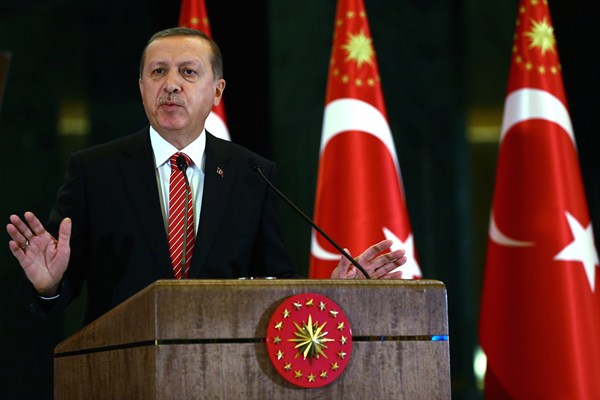Editor’s note: Judah Grunstein is filling in for Michael A. Cohen, who is on vacation this week.
The downing of a Russian bomber over the Turkish-Syrian border by Turkish fighter jets yesterday offered yet another illustration of the extraordinary complexities of the Syrian conflict and the actors involved there. Coming on the heels of the Paris attacks, and what subsequently seemed like diplomatic progress toward the framework of a broad coalition to fight against the self-declared Islamic State, the incident also highlights the degree to which the war in Syria, like all war, is characterized by the unplanned, the unexpected and the unpredictable.
All of this should serve as a corrective to the often fantastical visions of what can and should be done to defeat the Islamic State and end the fighting in Syria. The fight against the group will be a long and hard one, with many more surprises—from friends, rivals and enemies, alike—in store. And if reaching peace seems too ambitious a goal to pronounce in Syria, any attempt to silence the guns there will be similarly arduous, with any momentary progress accompanied by similar disappointments and setbacks along the way.

